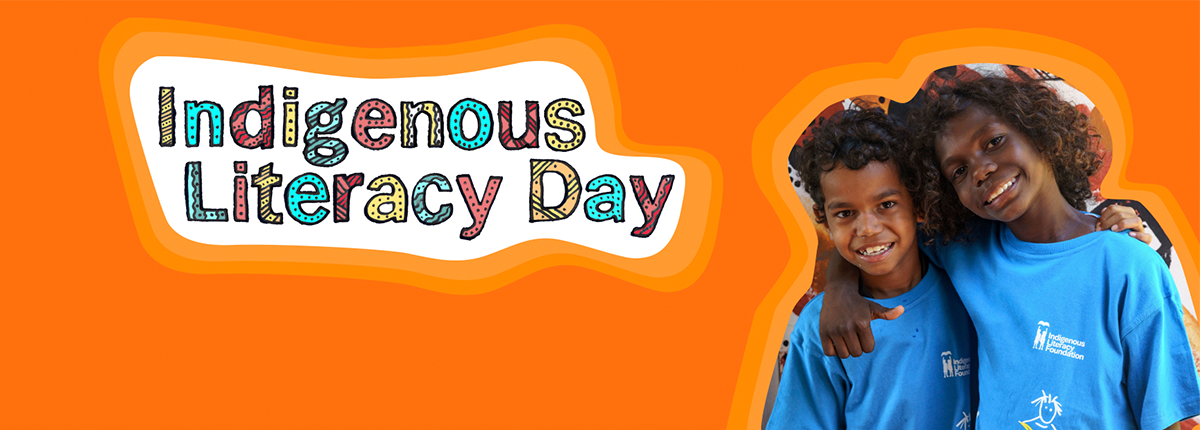The Importance of Language
Language holds great significance in our lives. It’s how we communicate, express our emotions, and share the stories that define us. Through language, we pass down knowledge, memories, and traditions, ensuring a connection between past, present, and future generations. It forms a vital link to family, community, and culture.
When languages are lost, so is the cultural knowledge they carry. This loss is even more profound when languages aren’t written down but taught verbally by elders to younger generations. Unfortunately, many of Australia's First Nations languages have suffered this fate. The impact of colonisation saw many Aboriginal languages suppressed or even banned. It wasn't until the 1970s that efforts began to preserve and revive these languages, now recognised as essential for connecting children with their heritage, community, and identity.

A Celebration of Community and Love
One organisation working to preserve and teach these vital languages is the The Indigenous Literacy Foundation (ILF). Originally founded in 2004 as the Riverbend Readers’ Challenge, ILF has, since its transformation in 2011, been a key player in advocating for and supporting literacy among Indigenous communities. With more than 400 remote communities involved, ILF has provided 636,000 books, equipped 83 playgroups with early literacy resources, and published 143 books that feature 26 Aboriginal and Torres Strait Islander languages. These culturally relevant materials support literacy development and connect children to their languages and culture.
Indigenous Literacy Day is a cornerstone event for ILF, raising funds to distribute books and learning materials, including those in first languages, to remote communities where access to such resources is limited. The event features a live digital celebration, the Great Book Swap, and showcases three significant works this year: Shordi Krik, Country tells us when (Yawuru Edition), and We Look, We Find.
Promoting Language and Literacy in Early Childhood Education
Educators can play a pivotal role in supporting language and literacy development. The ILF offers resources that help teachers understand the communities and languages featured in their books, giving insight into how these stories are created and illustrated.
This year's featured books are just a glimpse of what ILF has to offer for children, teens, and adults. Consider exploring their collection and incorporating these resources into your teaching toolkit.
Additionally, the Sharing Stories Foundation offers a modern approach to Indigenous storytelling. Its bilingual digital stories can be shared with small or large groups through tablets or interactive boards. These stories also come with educational resources to ensure meaningful engagement with the communities they represent.
So buy a book, volunteer your time and energy, hold a book swap, register for the livestream, share your love of books and storytelling with children and celebrate Stories, Culture, and Languages.










.jpg)